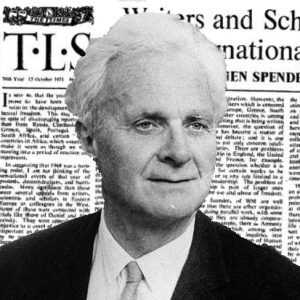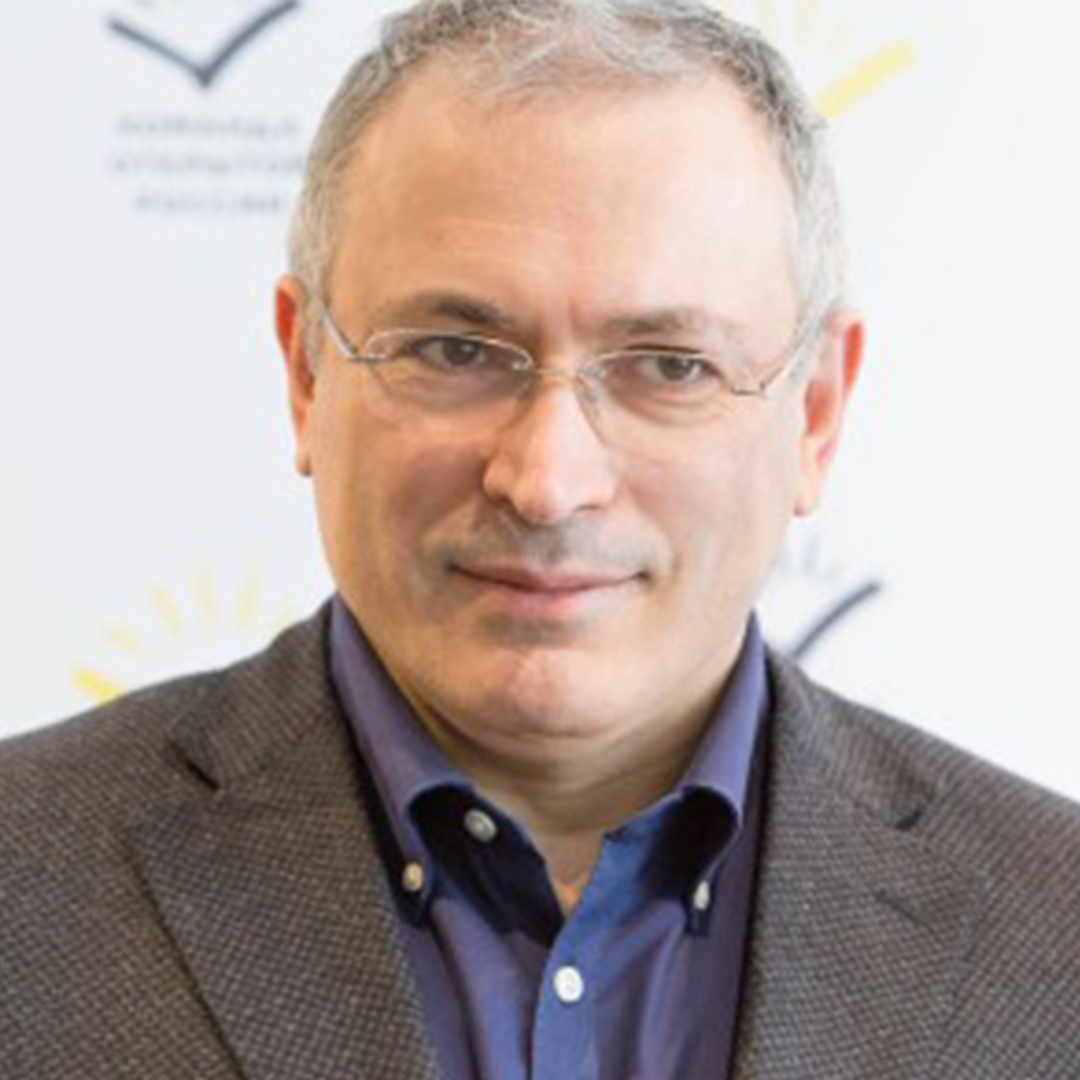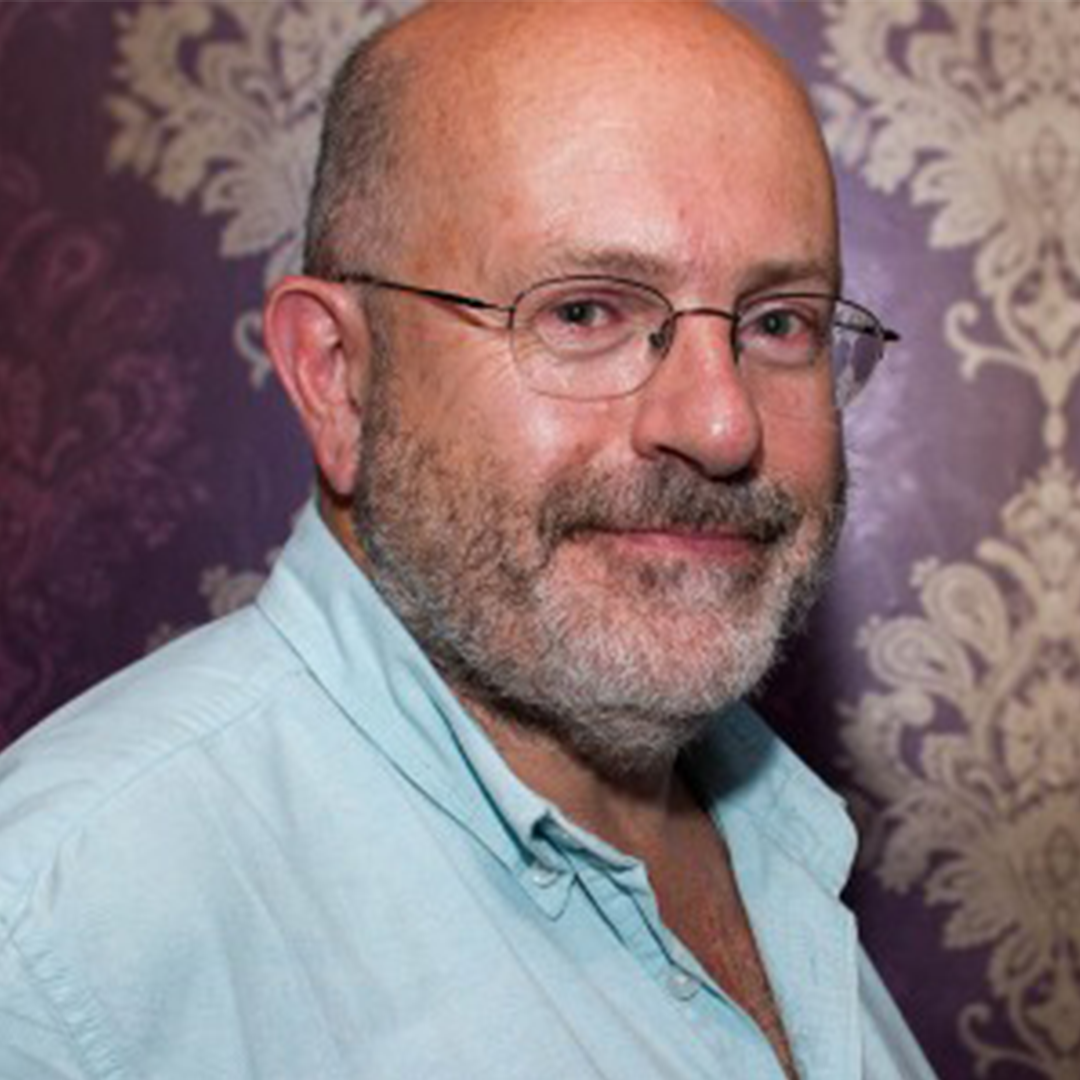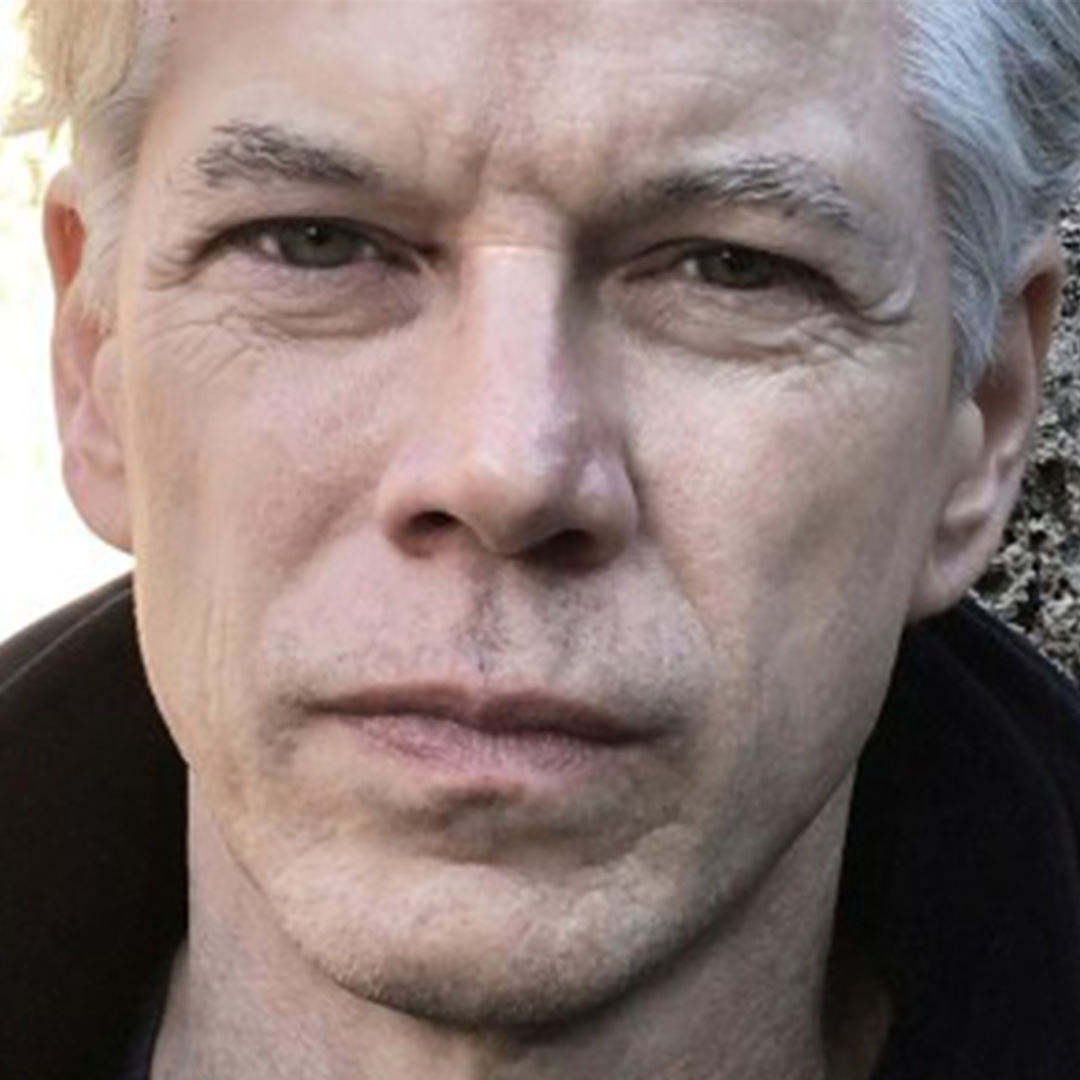22 Oct 2021 | Opinion, Ruth's blog
[vc_row][vc_column][vc_column_text] On 15 October 1971, in the depths of the Cold War, the feted British poet Stephen Spender wrote an impassioned appeal for the Times Literary Supplement in which he highlighted the threat of a world without creativity or impartial news as repressive regimes sought to silence dissent.
On 15 October 1971, in the depths of the Cold War, the feted British poet Stephen Spender wrote an impassioned appeal for the Times Literary Supplement in which he highlighted the threat of a world without creativity or impartial news as repressive regimes sought to silence dissent.
Writers, academics, journalists and artists were subject to state sanctioned persecution on a daily basis, threatened, arrested and in too many cases murdered as authoritarian leaders moved against their citizens. Watching was no longer enough, letters to the Times and statements of solidarity were no longer sufficient for Spender and a group of his contemporaries.
It was time to act, to provide an international platform for dissidents to publish their work and importantly it was time to make a positive argument for the liberal democratic values of free speech and free expression. It was time to launch Writers and Scholars International and its in-house journal Index on Censorship.
Spender concluded: “The problem of censorship is part of larger ones about the use and abuse of freedom.”
In the 50 years since Spender wrote in the TLS, Index has published the works of thousands of dissidents, their words, their art and their journalistic endeavours. From Havel to Rushdie, from Zaghari-Radcliffe to Ma Jian, their works have found a home in our publication. Their stories have been told and their works published for posterity – a recognition of their plight.
Fifty years later Spender would have hoped for us to be irrelevant, that the fundamental freedom of free expression was not just respected but embraced throughout the world. If only that was the case. Every week there is an attack on academic freedom at home or abroad, a new debate about our online rights and a new report of a systematic attack on those that embody the very principle of free speech.
In 1971 over a third of the world’s population lived under Communist rule with still more living under other forms of totalitarian regime. Today 113 countries, representing 75 per cent of the global population, completely or significantly restrict core human rights.
These aren’t just statistics, there are real people behind each headline.
In Belarus 811 people are currently detained as political prisoners by Lukashenka, including Andrei Aliaksandrau one of Index’s former staff members. In Egypt more than 60,000 people are imprisoned, including our award-winner Abdelrahman Tarek – detained and regularly tortured since the age of 16 for attending democracy demonstrations. In Afghanistan three young female journalists were brutally assassinated as they left work earlier this year. In Hong Kong the 50 leading democracy protestors have been arrested by the CCP and their families threatened.
These brave journalists and campaigners represent millions of people who cannot use their voices without fear of retribution. Every day they face a horrendous choice between demanding democratic rights or being silenced.
Index seeks to be a platform for them – providing a voice for the persecuted, ensuring that no tyrant succeeds in silencing dissent.[/vc_column_text][/vc_column][/vc_row][vc_row][vc_column][three_column_post title=”You may also wish to read” category_id=”41669″][/vc_column][/vc_row]
29 Sep 2021 | Magazine, Magazine Editions, Volume 50.03 Autumn 2021
Journalist
John Sweeney is a writer and journalist who has investigated Scientology and Russian interference in the US elections. He is the host of the Hunting Ghislaine podcast.
Activist and producer
Kelly Duda is an activist and producer and director of the documentary Factor 8: The Arkansas Prison Blood Scandal.
10 Sep 2021 | Afghanistan, Belarus, Hong Kong, Ruth's blog
[vc_row][vc_column][vc_single_image image=”106069″ img_size=”full” add_caption=”yes”][vc_column_text]Afghanistan. Hong Kong. Belarus.
Every day we’ve learned of a new atrocity. A new act of repression. A new effort to silence. A new law to intimidate.
The news has been awful. There are too many heartbreaking stories, too many images of people being tortured or arrested. Too many things to be angry about. But the reality is, thankfully, as painful as these stories are. They are in the news. They are being covered. And the world knows what is happening – daylight is truly trying to act as a disinfectant.
So as much as I worry about the horrendous restrictions to free expression that we see on the news and the people behind the headlines, every night I find myself fretting about who we’re not reporting on. Who is missing? What other regimes should we be focusing on. Whose story needs to be told. And most importantly how can we help.
In part, the annual Index Freedom of Expression awards is our answer to that question. Shining a light on activists, campaigners, artists, writers and journalists who are being targeted by repressive regimes. Making sure that some of the bravest most inspirational people in the fight for the right to global free expression have their stories told. This weekend we will be announcing our winners. But it’s not just about our winners, it’s about every nominee from Brazil to Nicaragua, from Egypt to Russia. Their stories, their fights deserve the world’s attention. And on Sunday evening we get to share their stories.
So over the weekend please watch our social media for the coverage. But before we get there I want to thank this year’s sponsors, Facebook, Edwardian Hotels, the Times and Sunday Times, Microsoft and Sage publications for enabling us to shine a spotlight on repressive regimes that don’t always dominate the news.[/vc_column_text][/vc_column][/vc_row][vc_row][vc_column][three_column_post title=”You may also want to read” category_id=”41669″][/vc_column][/vc_row]
9 Aug 2021 | Lukashenko letters
Reader’s Note: In September 2020, the prominent Belarusian opposition figure Maria Kolesnikova was abducted from Minsk and taken to the border where security forces tried to expel her from the country; she ripped up her passport in defiance. In the days that followed she was charged with incitement to undermine national security and placed in pre-trial detention.
The letter that follows was written by Maria Kalesnkikova to her father on 16 July 2021, the day the Supreme Court rejected her complaint regarding the extension of her detention until 1 August. Her father, Aliaksandr Kalesnikov, had gone to the hearing to support his daughter wearing a T-shirt with Maria’s image on it. He initially refused access to the hearing so he took off the T-shirt, turned it inside out, and put it back on. He was then allowed to enter.
Aliaksandr has repeatedly been refused the right to visit Maria in detention. According to Maria’s sister, Tatsiana Khomich – referred to as “Tania” in the letter, Alexander has been denied permission to see his daughter on every occasion (more than fifteen times) with no explanation. On 4 August, Maria went on trial facing up to 12 years in prison on charges of extremism. The trial was closed to the public, including family members. Maria’s family said it was a relief to see her healthy and cheerful at the trail, albeit on television screens.
Tatsiana said that although Maria is writing a lot, her letters have become increasingly infrequent. Suppression of letters from political prisoners in Belarus is commonplace, denying family members and loved ones the chance to hear vital news. This is done to put pressure on individuals and their families. The letter below is the last communication Maria’s family have received from her. One year since the fraudulent elections in Belarus, Maria’s sister agreed to publicly share this personal letter between Maria and her father.
Letter from Maria Kolesnikova to her father Aliaksandr Kalesnikov:
16 July 2021:
Hi my dearly beloved world’s best dad!
How are you doing in this trying time?
I’m constantly thinking of you, grandpa and all our nearest and dearest – sending my hello’s and lots of hugs to all!
The court hearing took place today so I already know how you had to ‘get changed’ – I bet everybody in the detention centre could hear me laugh! You really think fast on your feet. You see, now nobody can doubt that I’m my father’s daughter – and I’m so proud to be one!
I’m so glad that you are keeping your spirits high and are managing to get through these crazy days with a good sense of humour :)
Keep it up!
Today I received two! Letters from you and two from A.
You wrote that you’re in awe with Tania – I’m also writing this in every letter to her. What she’s doing for me and our whole team is unbelievable and incredible.
Please ask her, as do I, to make sure that she takes good care of herself and makes every effort to find time to rest.
And of course, the joke that your Berlingo [car] is crumbling and ageing faster than you are has also put a smile on my face. And so it should be, Dad, you’ve got no need to crumble!
I’m well, healthy and cheerful!
Sending you and everybody a big-big hug!
Your Masha
May goodness persevere!
Love and hugs
 On 15 October 1971, in the depths of the Cold War, the feted British poet Stephen Spender wrote an impassioned appeal for the Times Literary Supplement in which he highlighted the threat of a world without creativity or impartial news as repressive regimes sought to silence dissent.
On 15 October 1971, in the depths of the Cold War, the feted British poet Stephen Spender wrote an impassioned appeal for the Times Literary Supplement in which he highlighted the threat of a world without creativity or impartial news as repressive regimes sought to silence dissent.


